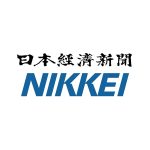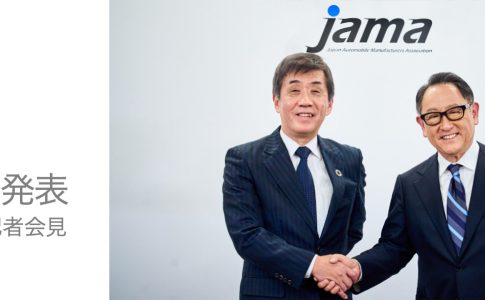Inside the corridors of Japan’s Fair Trade Commission (FTC), a press release from Logic, a leading manufacturer and seller of nursing care record software, has caused quite a stir. On December 20th last year, Logic received a “caution” from the FTC for potentially violating the Antimonopoly Act through unfair trade practices related to the sales of its care system software. In a defiant response, Logic published its perspective on its website the same day, a move that has left the FTC seething with anger.
Logic’s contentious act centered around its handling of care service software. Care service providers use “record software” to manage the details of the services they provide to users and “billing software” to claim care compensation when these services are covered by care insurance. The integration between these two types of software is crucial.
The controversy began when a care service provider decided to implement Logic’s record software but chose a different company’s product for billing software, planning to integrate it with Logic’s system. However, negotiations between the other company and Logic stalled when Logic proposed conditions that could be seen as restricting the sale of the other company’s record software.
As a result, the integration did not materialize, and the other company’s billing software was not implemented. The FTC’s caution did not confirm a violation of the law but issued a strong warning about the potential for such a violation.
In its press release, Logic audaciously declared, “No facts of violating the Antimonopoly Act were recognized,” and further claimed that system integration broadens user options and promotes market competition, a stance seemingly unrelated to the issue at hand and lacking any sense of responsibility for its actions.
Logic’s parent company, M3, itself a powerhouse in the medical information site sector with a market capitalization of approximately 1.6 trillion yen, is now under scrutiny. M3 has grown rapidly through mergers and acquisitions (M&A) and boasts being a leading enterprise representing Japan. However, this incident raises serious questions about M3’s ability to properly manage its subsidiaries and maintain governance standards.
The FTC’s frustration is evident, with insiders fearing Logic’s press release signals an intention to continue its aggressive expansion, potentially using unfair methods. This situation casts doubt on M3’s governance, questioning whether it possesses the necessary oversight capabilities as it expands through M&A.
M3’s response to inquiries about governance reaffirmed its commitment to legal compliance and improving services to meet user needs more effectively. However, the controversy underscores a pivotal moment for M3. Whether it can truly represent Japan as a leading company hinges on its future decisions and actions.












Leave a Reply